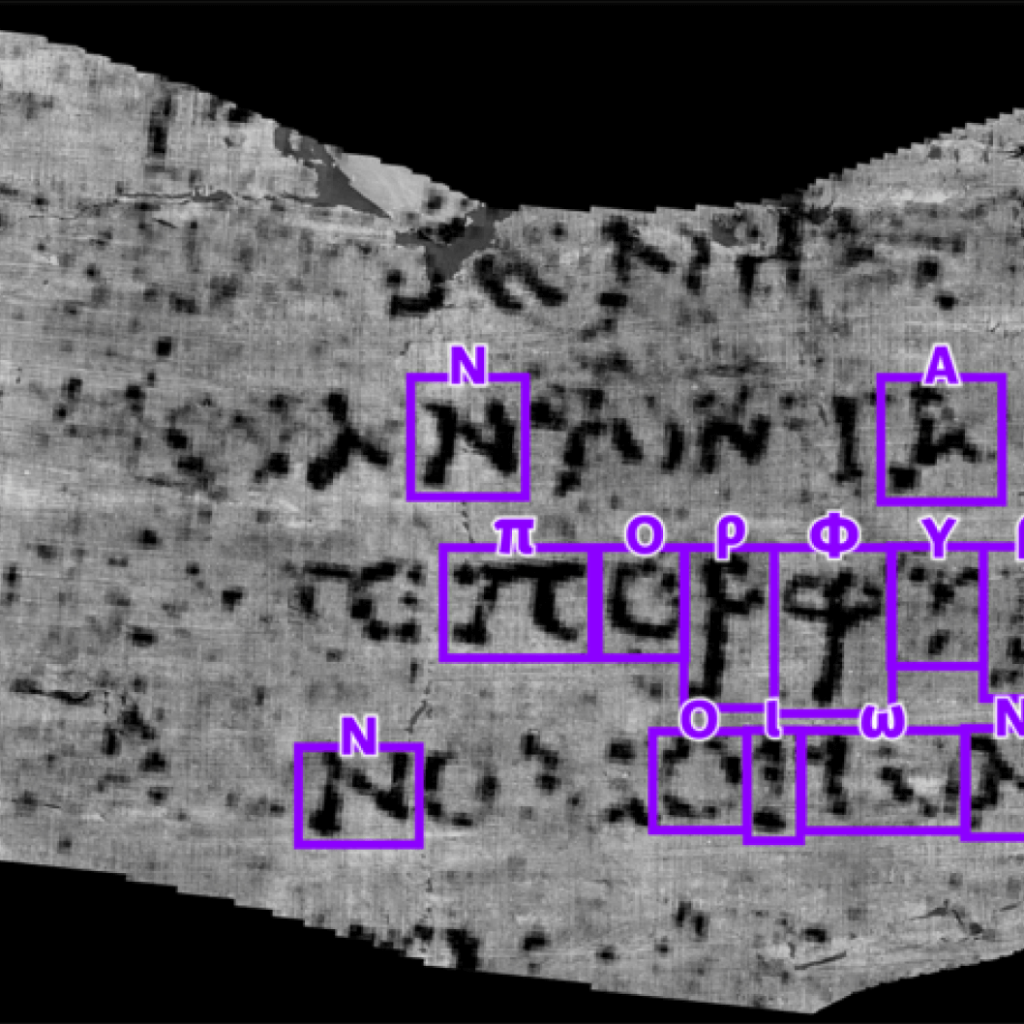Artificial intelligence (AI) has emerged as a pivotal asset in an era where technological advancements redefine warfare boundaries. The Israeli Defense Force (IDF) recently showcased its AI-powered targeting management system, “The Gospels,” marking a significant development in military strategies.
AI-driven targeting
“The Gospels” system represents a notable leap in warfare technology. Utilizing real-time intelligence, this AI-enhanced system rapidly generates targeting recommendations, which human analysts scrutinize. Integrating AI into the IDF’s operations streamlines the decision-making process in high-stakes scenarios, ostensibly enhancing precision and reducing collateral damage.
The IDF asserts that the system is designed to minimize harm to civilians while effectively targeting Hamas infrastructure. This claim, however, is met with scrutiny and concern from various quarters, including international media. A report by The Guardian highlights the IDF’s use of the system to target the private residences of individuals suspected of affiliating with Hamas or Islamic Jihad, raising ethical questions about the application of AI in military operations.
Global military AI adoption and ethical debates
The adoption of AI in military operations is not confined to the IDF. Militaries worldwide are exploring AI’s potential on the battlefield. The U.S. government, for instance, employs AI to monitor airspace around Washington, D.C., and has recently announced initiatives to establish global standards for the responsible use of AI and autonomous systems in military operations.
These developments underscore a growing trend: the increasing reliance on AI in national defense strategies. With AI’s burgeoning role, ethical considerations come to the forefront. The U.S. Department of Defense has advocated for ethical AI principles and policies in weapon systems for over a decade. These efforts are part of a broader movement to balance the technological advancements in AI with the moral responsibilities of its application in warfare.
AI’s dual-edged sword: Potential and caution
The dual nature of AI in military operations is evident in its potential to save lives and deter adversaries, as posited by Shield AI, a San Diego-based company responsible for designing AI technology for the XQ-58A Valkyrie. The Valkyrie, an experimental AI-powered aircraft, recently participated in a joint exercise with the U.S. military, showcasing its capability to fly in formation with other U.S. Air Force fighters.
However, the enthusiasm for AI’s capabilities is tempered by cautionary stances. Given the technology’s potential impact on warfare and civilian safety, the need for stringent ethical guidelines and responsible usage is paramount. As Willie Logan, Director of Engineering at Shield AI, stated, other nations might not refrain from developing AI tools for war, even if the U.S. does. This highlights the urgency of establishing international norms for AI use in military contexts.
In conclusion, integrating AI into military operations is a defining feature of contemporary warfare, offering unprecedented intelligence and combat strategy capabilities. However, this technological advancement brings a host of ethical dilemmas and responsibilities. Balancing the benefits of AI in warfare with the need to protect civilian lives and maintain ethical standards remains a critical challenge for militaries and policymakers worldwide. As AI continues to evolve, its role on the battlefield will likely expand, necessitating ongoing dialogue and international cooperation to ensure its responsible and ethical use.





